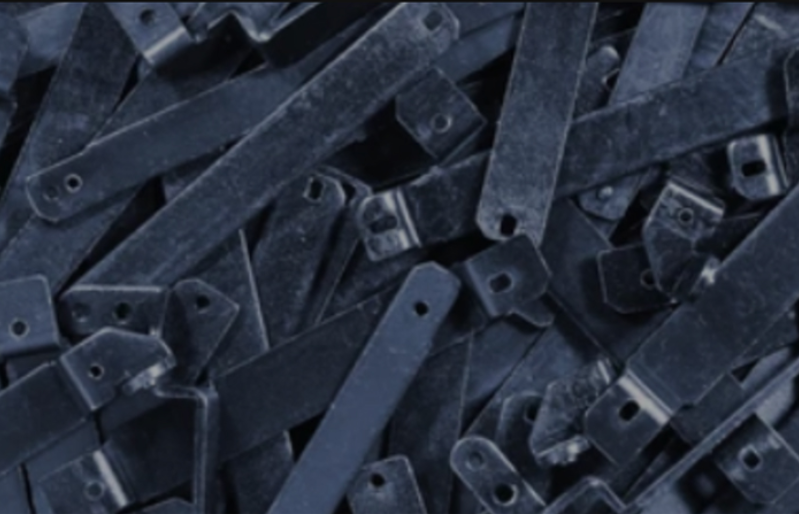Aluminum is a highly versatile material that is widely used in various industries due to its exceptional properties such as lightweight, corrosion resistance, and high strength-to-weight ratio. However, aluminum is prone to oxidation, which can significantly affect its integrity and performance. To address this issue, aluminum conversion coating has emerged as a popular solution for enhancing the durability and functionality of aluminum surfaces. In this article, we will explore the benefits and applications of aluminum conversion coating.
Aluminum conversion coating, also known as chemical conversion coating or chromate conversion coating, is a surface treatment process that involves the formation of a thin layer of protective coating on the aluminum surface. This coating offers several advantages, making it an ideal choice for a wide range of applications.
One of the primary benefits of aluminum conversion coating is its ability to provide corrosion resistance. The coating acts as a barrier, preventing moisture and other corrosive elements from reaching the underlying aluminum surface. This is particularly important in industries such as automotive, aerospace, and construction, where aluminum is exposed to harsh environments. By applying a conversion coating, the lifespan of aluminum components can be significantly extended, reducing the need for frequent repairs or replacements.
Another advantage of aluminum conversion coating is its ability to improve adhesion properties. The coating acts as a bonding agent, promoting the adhesion of paints, adhesives, and other coatings to the aluminum surface. This is particularly useful in industries such as automotive and electronics, where aluminum components need to be painted or coated for aesthetic or functional purposes. With conversion coating, the adhesion of these coatings is greatly enhanced, ensuring a durable and long-lasting finish.
Furthermore, aluminum conversion coating can also enhance the electrical conductivity of aluminum surfaces. This property is particularly important in industries such as electronics and power transmission, where aluminum is used in the production of conductive components. By applying a conversion coating, the electrical conductivity of the aluminum surface can be improved, leading to better performance and efficiency of electrical systems.
In addition to these benefits, aluminum conversion coating also offers environmental advantages. Unlike other surface treatment processes such as anodizing, which involves the use of toxic chemicals, conversion coating utilizes less hazardous substances. This makes it a more environmentally friendly option, reducing the potential negative impact on the ecosystem.
The applications of aluminum conversion coating are diverse and span across various industries. In the automotive industry, conversion coating is commonly used to protect aluminum parts such as engine components, chassis, and wheels from corrosion. It is also used in the manufacturing of aluminum heat exchangers, where the coating improves heat transfer efficiency and prevents oxidation.
In the aerospace industry, aluminum conversion coating is applied to aircraft components to protect them from corrosion caused by high altitude and exposure to harsh weather conditions. The coating also helps to improve the paint adhesion and reduce the overall weight of the aircraft, leading to fuel efficiency and improved performance.

In the construction industry, aluminum conversion coating is used to protect architectural structures such as windows, doors, and facades from corrosion. The coating enhances the durability and aesthetics of these structures, making them more resistant to weathering and environmental factors.
In conclusion, aluminum conversion coating offers numerous benefits and applications in various industries. Its ability to provide corrosion resistance, improve adhesion properties, enhance electrical conductivity, and offer environmental advantages make it a valuable surface treatment solution for aluminum surfaces. Whether in automotive, aerospace, electronics, or construction, aluminum conversion coating plays a vital role in enhancing the performance, durability, and functionality of aluminum components and structures.

 0086-750-5616188
0086-750-5616188 +86 13392089688
+86 13392089688 sales@zhongmei-tech.com
sales@zhongmei-tech.com













